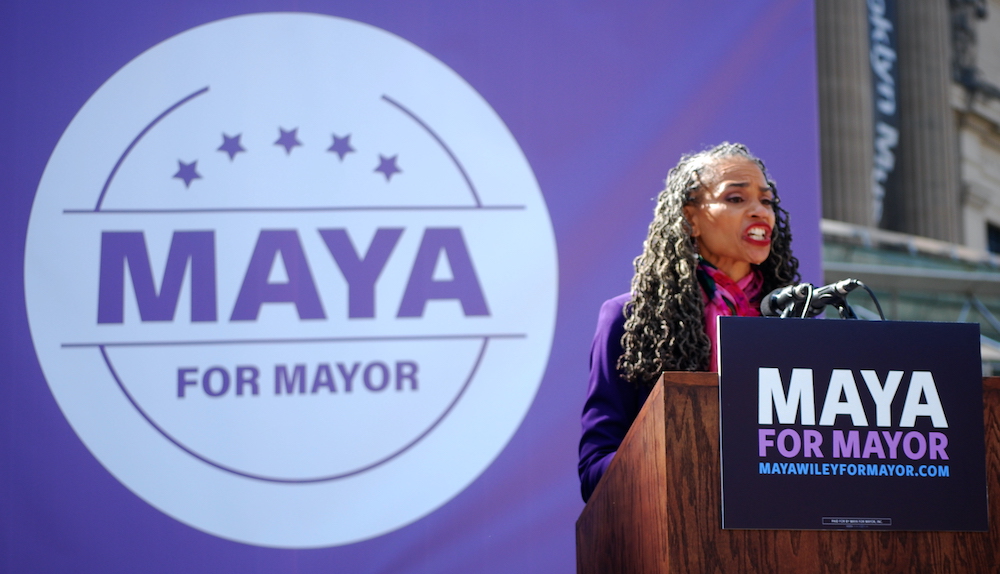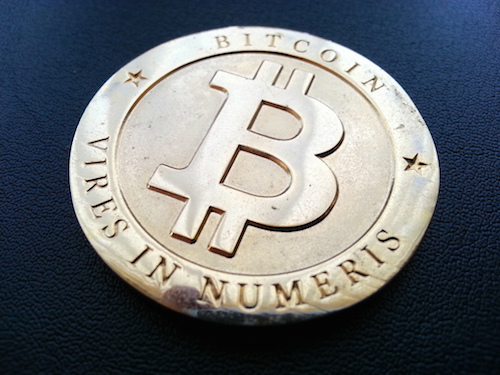With the city facing unprecedented unemployment and an economic downturn due in large part to the COVID pandemic, Mayoral Candidate Maya Wiley yesterday rolled out her road map dubbed New Deal New York to revive the economy and address pressing issues and concerns.
The plan includes a proposed $10 billion investment fund, consisting of committed unspent capital funds and new capital dollars financed by City debt, to fuel job creation.
Wiley said her plan will get people back to work, invest in communities and take on the structural racism that has plagued the city’s workforce and infrastructure. A smart recovery is an equitable recovery and relies on investment in a sustainable economy, not on austerity measures that tell hungry people to simply tighten their belts, said Wiley.
The New Deal also hinges on jobs going to New Yorkers most in need quickly, and plans to implement policies that promote local hiring in communities with high unemployment rates and support programs that diversify the workforce.
“Our recovery needs to be bold, ambitious, and inclusive because that is what it will take to ensure a New York City for the 21st Century and a city where we all can live with dignity,” said Wiley. “Communities of color have faced long standing barriers to adequate and safe housing, roads, healthcare, and jobs and it’s time for city leaders to be honest and admit that our city’s inequity is by design.”
Here’s the highlights of her investment plan:
- Building a climate resilient NYC. ($3 billion in new spending and accelerated spending
- Transforming NYCHA and investing in climate resilient public land and housing. ($2 billion in new spending and accelerated spending)
- Modernizing New York’s aging and crumbling physical infrastructure presents serious financial and safety issues for the city. ($2 billion in new spending and accelerated spending)
- Designing a Recovery for Artists and Culture Workers that puts artists and performers back to work by providing performance and studio spaces. ($1 billion in new spending and accelerated spending)
- Building a social infrastructure through new mixed use affordable housing projects and community facilities that include community day cares and early education centers, community kitchens, and small business incubator sites. ($2 billion in new spending and accelerated spending)









